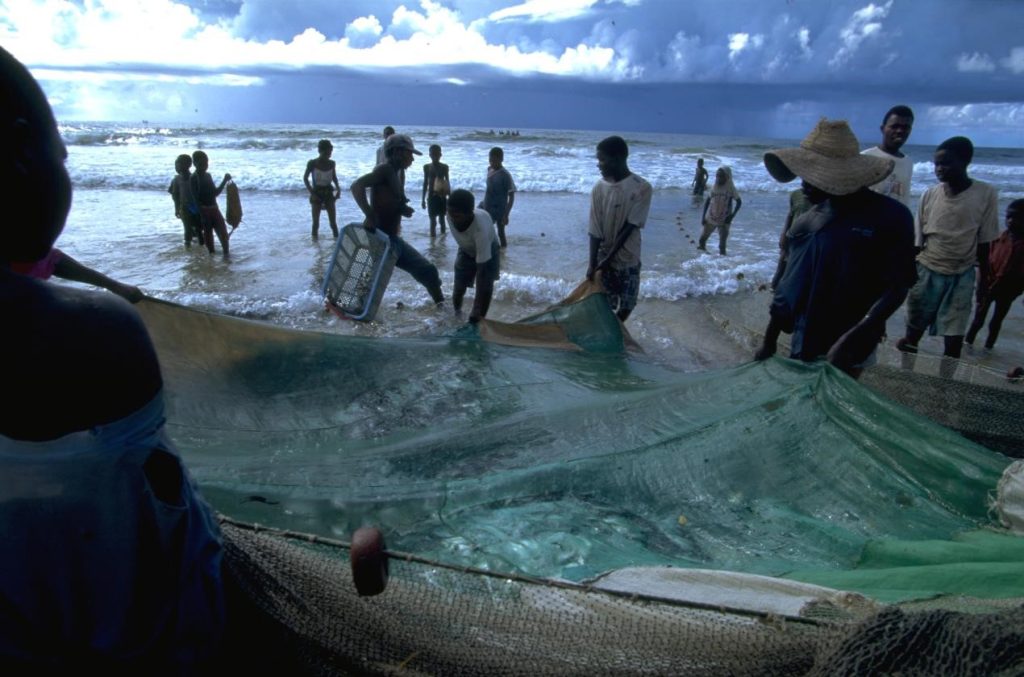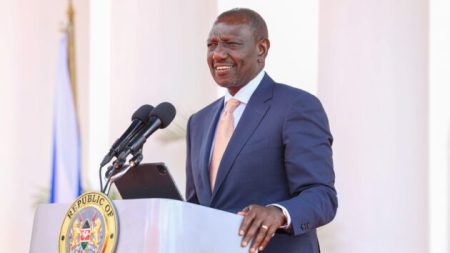Rome/Maputo, 1 March 2024 – Today marks a significant step towards a brighter future for Mozambique’s artisanal fisheries sector. A new project that aims to transform the livelihoods of 90,000 artisanal fishers in five coastal provinces in the country has been endorsed with the signing of a US$63 million financing agreement between the International Fund for Agricultural Development (IFAD) and the Government of Mozambique.
The seven-year Artisanal Fisheries Resilient Development Project (PROPEIXE) will increase incomes, nutrition and food security by addressing barriers to sustainable production and marketing for artisanal fisheries. The project is particularly important for women, as they play an active role in the sector, and hence they will make up 50 per cent of the project participants.
PROPEIXE is more than just a project; it’s an investment in the future of Mozambique. By empowering artisanal fishers and fostering sustainable practices, we can ensure food security for communities, protect ecosystems, and build a more resilient future for all,” said Jaana Keitaanranta, IFAD Country Director for Mozambique.
Although the country shows a promising economic recovery, rural areas continue to grapple with poverty, food insecurity and climate vulnerability. The artisanal fisheries sector plays an important role in Mozambique’s food security and economy. It is responsible for 50 per cent of the country’s daily protein, and provides 85 per cent of the annual fish catch and a source of livelihood for 50 per cent of the population living along the coastline.
Despite its importance, the sector faces several challenges, such as reduced fish stocks, degraded marine natural resources, inefficiencies along the value chain and vulnerability of coastal fisheries infrastructure.
The project will build resilience of artisanal fishers by promoting climate-smart practices, encourage a disaster preparedness culture, empower communities to manage fisheries and restore ecosystems. This will not only safeguard the livelihoods of thousands of rural communities but is aligned with the country’s national development strategies that prioritize climate-smart practices.
PROPEIXE will promote responsible fishing practices and assist the artisanal fishers’ transition to environmentally-friendly fishing gear in line with the new Maritime Fisheries Regulation (REPMAR 2020). This will be an evidence-based approach, where research on the economic and social viability of these new fishing practices is undertaken and shared with the artisanal fishers. In addition, the project will address the degraded marine natural resources by supporting restoration of degraded mangrove habitats, coral reefs and seagrass beds.
Between 2000 and 2023, 14 cyclones have directly impacted Mozambique with the coastlines being even more vulnerable. To enhance the resilience of artisanal farmers and fishing communities living along the coast, the project will put in place a mechanism to respond to their immediate needs when impacted by climate shocks, including replacing lost fishing gear and rehabilitating fisheries and production infrastructures.
PROPEIXE is funded by IFAD (US$29.3 million), The Global Environment Facility (US$8.9 million), private sector (US$5.5 million), and the Government of Mozambique and project participants themselves (US$5.6 million). A financing envelope of US$11.07 million is open to new and interested financiers.
Since 1983, IFAD has invested more than US$435.77 million in 16 rural development programmes and projects in Mozambique worth a total of US$659 million. These interventions have directly benefited 2,391,789 rural households.








